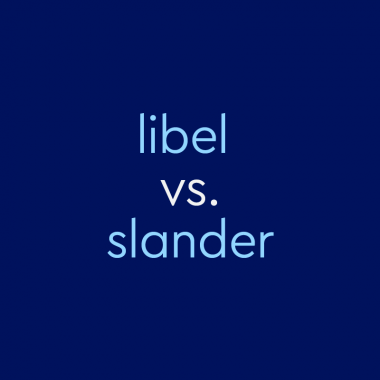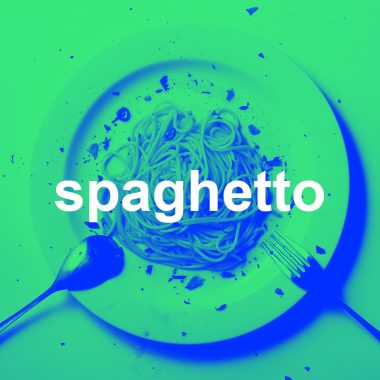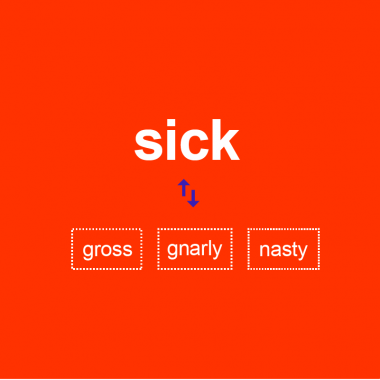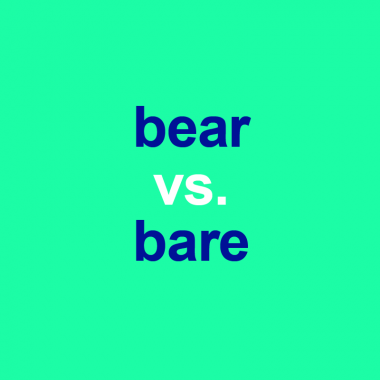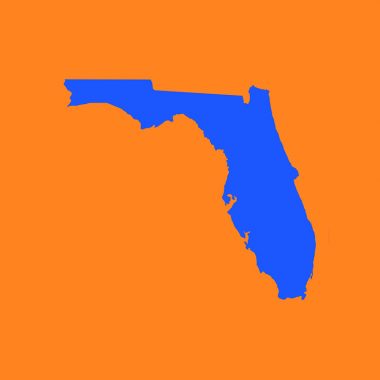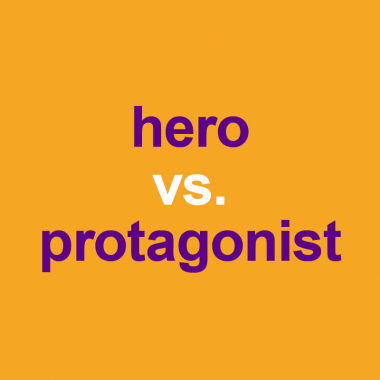“Slander” vs. “Libel” – What Is The Key Difference?
If you spread a nasty rumor about your boss, are you engaging in slander? Can a politician sue a newspaper for libel if an article calls her a liar? What do these two words mean, and are they interchangeable? Since both are types of defamation or “the act of making negative statements that hurt another person’s reputation,” and also illegal, you’ll want to make sure …
